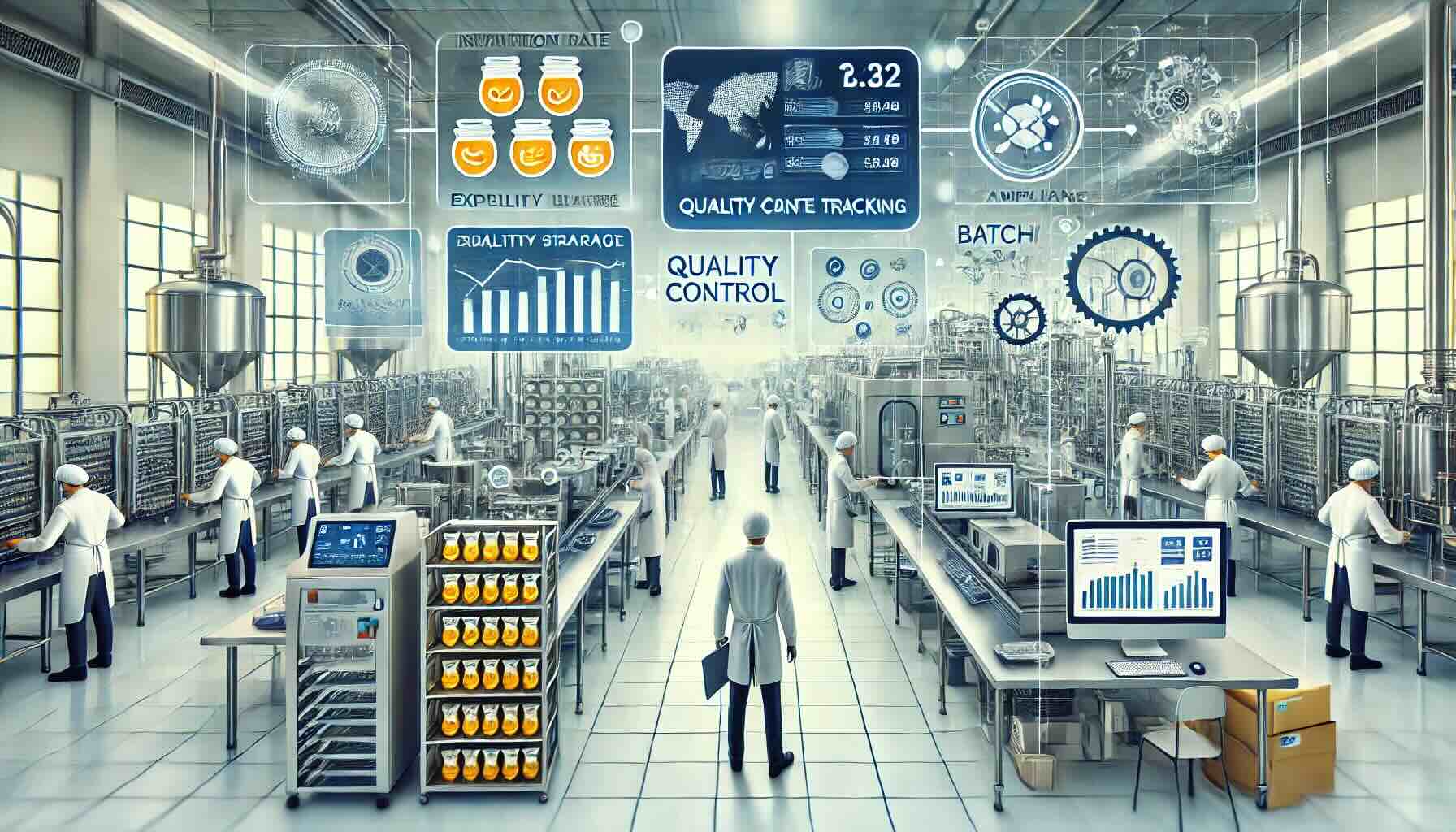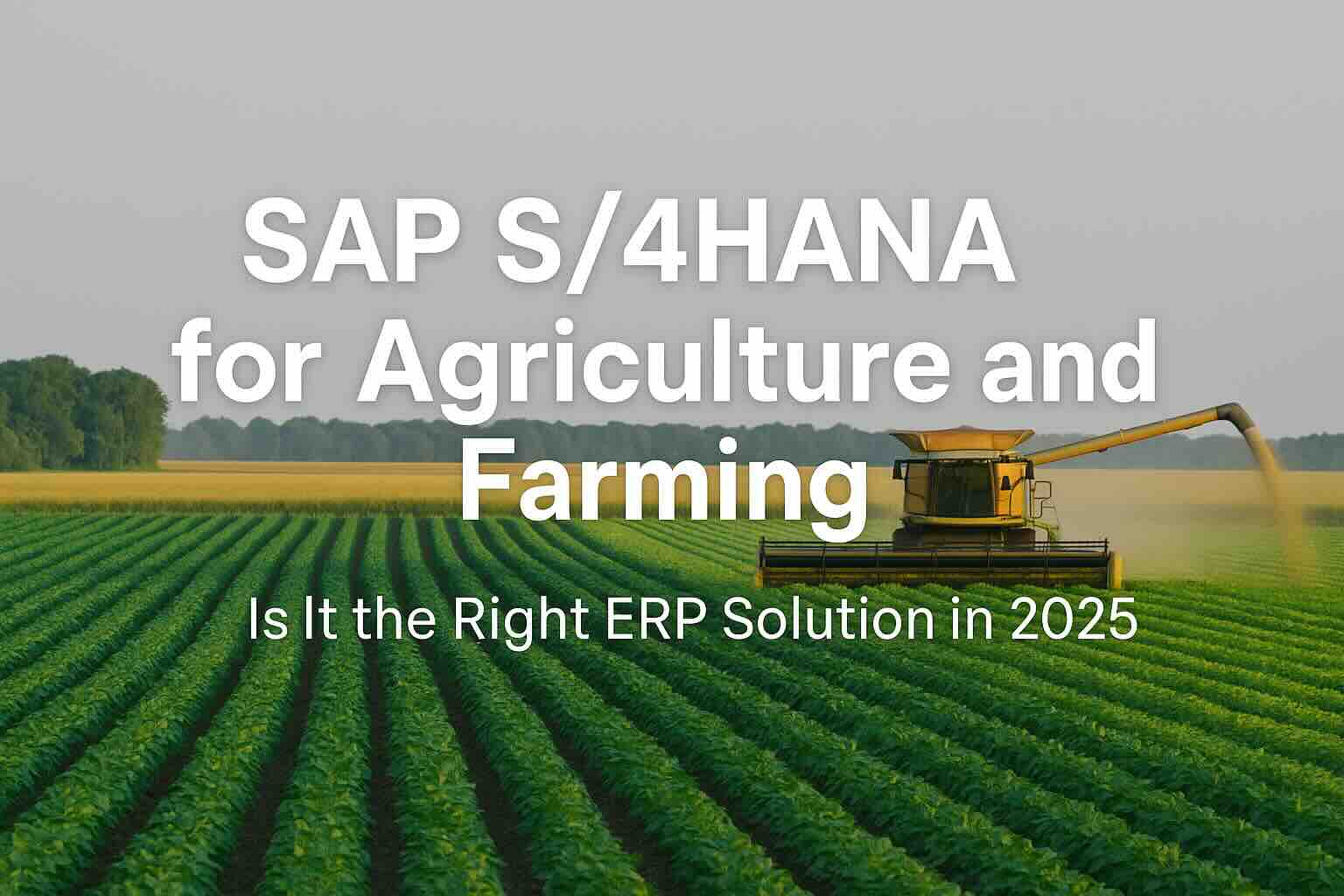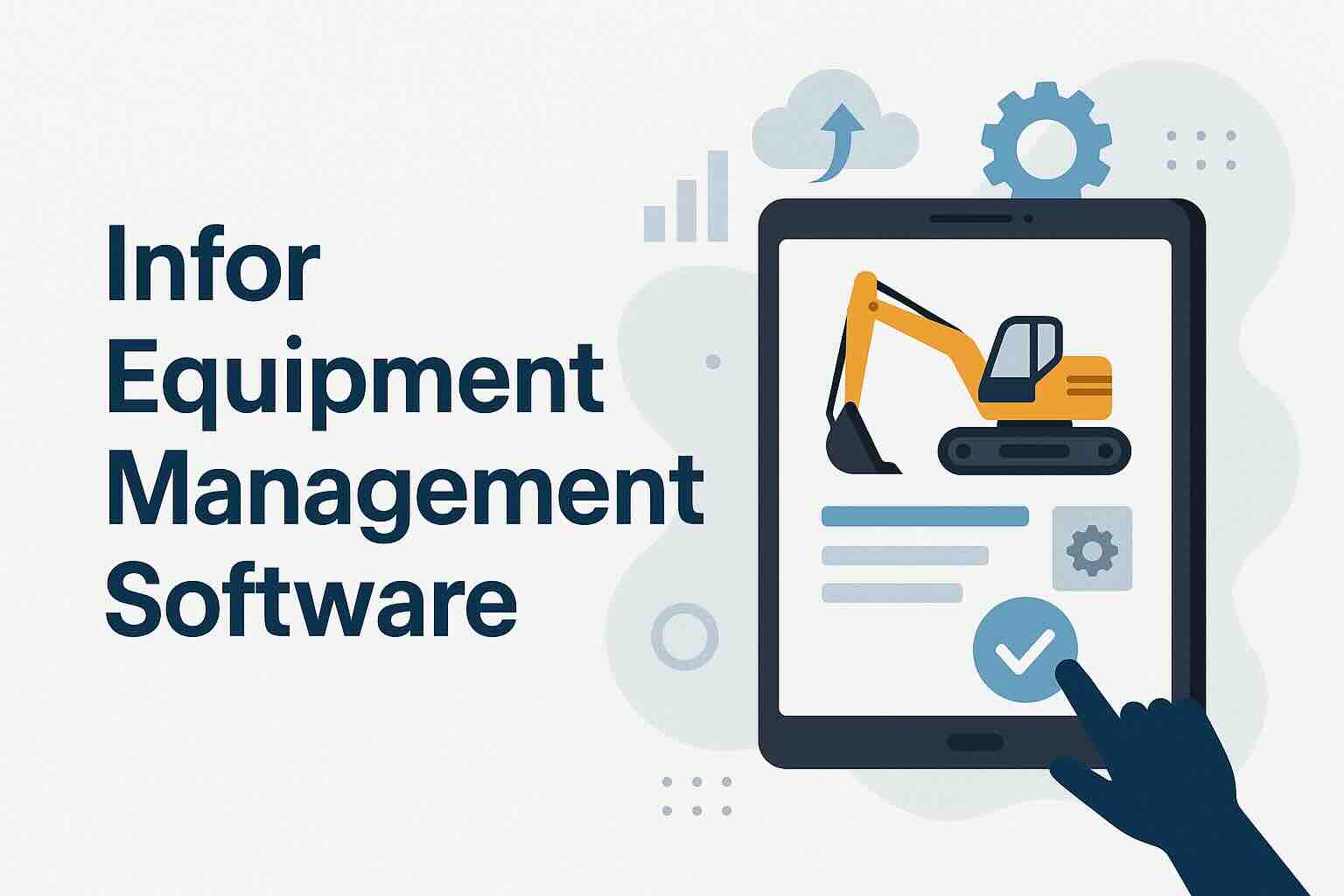Is SAP Business One a Good Choice for the Food and Beverage Industry?

In an industry as fast-paced and tightly regulated as food and beverage, managing operations efficiently is crucial to maintaining quality, compliance, and profitability. Companies need systems that can handle diverse challenges, from supply chain management and production to quality control and traceability. One popular solution gaining attention is SAP Business One for food and beverage. But is it the right choice for your business? Let’s explore how SAP Business One caters to the unique demands of the food and beverage industry and why it could be the best fit for your company.
Understanding SAP Business One
SAP Business One is an Enterprise Resource Planning (ERP) software specifically designed for small to medium-sized businesses. It integrates core business functions like accounting, inventory management, production, and customer relationship management (CRM) into a single platform. The goal of SAP Business One is to streamline operations, reduce manual processes, and improve decision-making with real-time insights.
Key Features of SAP Business One
- Financial Management: Automates key accounting processes, including financial reporting, banking, and budgeting.
- Inventory and Distribution: Offers advanced tools for managing stock, warehousing, and order fulfillment.
- CRM: Tracks customer interactions, sales opportunities, and provides data for informed decision-making.
- Production and Planning: Helps manage production orders, bill of materials (BOM), and monitor work in progress.
Why SAP Business One Fits the Food and Beverage Industry
The food and beverage industry faces specific challenges that standard ERP systems may not address. SAP Business One, however, has several features and modules tailored to meet these unique requirements. Here are some key areas where SAP Business One shines for food and beverage businesses:
1. Recipe and Production Management
In food and beverage manufacturing, maintaining consistent product quality requires precise management of recipes and production processes. SAP Business One allows companies to:
- Manage Recipes and Formulas: Unlike standard manufacturing, where you work with BOMs, food production often involves recipes that can change based on available ingredients or customer preferences. SAP Business One lets you manage recipes efficiently while keeping track of changes.
- Batch Processing: Whether it’s managing a large batch of soup or a small run of specialty bread, SAP Business One supports both large-scale and small-batch production. You can track ingredient consumption, monitor yields, and adjust for losses in real-time.
- Production Planning and Scheduling: The software enables optimal production scheduling to ensure that your lines run smoothly while reducing waste and downtime.
2. Regulatory Compliance and Traceability
One of the most significant challenges in the food and beverage industry is complying with ever-changing regulations. Whether it’s FDA, HACCP, or other local and international food safety standards, businesses must maintain detailed records and ensure traceability of ingredients and final products. SAP Business One helps in several ways:
- Lot and Batch Traceability: The system allows for complete traceability from raw materials through production to the finished product. You can trace every ingredient used in a specific batch, helping with both recalls and regulatory reporting.
- Compliance Management: SAP Business One automates compliance tracking, ensuring you can meet food safety standards and certifications like ISO, FDA, and more. It helps you manage audits more effectively and generate necessary documentation on demand.
- Expiration Date Management: Food and beverage companies must ensure products are fresh and comply with sell-by or expiration dates. SAP Business One tracks expiration dates, reducing the risk of waste and non-compliant sales.
3. Inventory and Supply Chain Optimization
Effective inventory and supply chain management are critical in food and beverage businesses, where ingredients are often perishable. SAP Business One helps optimize inventory and supply chain processes by:
- Automating Reordering: The software automatically triggers reorders based on preset levels, reducing the risk of stockouts or overstocking perishable goods.
- Shelf-Life and FIFO Management: Ensuring first-in, first-out (FIFO) inventory management is vital for perishable products. SAP Business One helps manage stock rotation to minimize spoilage and waste.
- Supplier Management: You can easily manage and evaluate suppliers, ensuring timely deliveries of high-quality ingredients and materials. It also helps maintain better relationships with suppliers through transparent, streamlined communication.
4. Quality Control
Quality is non-negotiable in the food and beverage industry. Poor quality can lead to customer dissatisfaction or, worse, food safety incidents. SAP Business One incorporates strong quality control features:
- Quality Inspections: You can implement quality checkpoints throughout the production process. Whether it’s testing raw materials or finished products, SAP Business One ensures that your quality control standards are met at every stage.
- Non-Conformance Management: If a product or batch fails quality inspections, the system helps manage non-conformance incidents, enabling immediate corrective actions to maintain production standards.
5. Real-Time Data and Reporting
In the food and beverage sector, quick decision-making is critical, especially when dealing with time-sensitive products. SAP Business One provides real-time data across various functions, enabling business leaders to make informed decisions:
- Real-Time Insights: Access to real-time data on inventory levels, production efficiency, sales performance, and financials helps you spot issues before they become problems.
- Custom Reporting: SAP Business One allows users to generate customized reports, providing insights tailored to the specific needs of a food and beverage business, such as ingredient cost tracking or batch performance analysis.
6. Scalability for Growth
One of the key advantages of SAP Business One for food and beverage companies is its scalability. As your business grows, you can add new functionalities, integrate third-party applications, or expand to multiple locations without the need for a completely new system. This flexibility ensures that your ERP solution evolves alongside your business needs.
Final Thoughts: Is SAP Business One the Right Fit?
For food and beverage companies looking to streamline operations, ensure regulatory compliance, and maintain product quality, SAP Business One offers a comprehensive solution. Its tailored features like recipe management, traceability, quality control, and inventory optimization make it especially well-suited to this industry.
Moreover, its scalability and integration capabilities ensure that it grows with your business, helping you navigate new challenges and opportunities as they arise. However, like any ERP solution, it’s essential to assess whether it aligns with your company’s size, complexity, and growth objectives.
In conclusion, SAP Business One for food and beverage is a powerful tool that can address the unique challenges of the industry, offering a clear pathway to improved efficiency, compliance, and profitability. If you’re seeking a robust ERP system to handle the complex needs of food and beverage production, SAP Business One is certainly worth considering. Click this link to find out more about SAP Business One.
To compare SAP Business One with 100s of other ERP solutions, you can use our new AI-powered Compare ERP tool. It’s free to use and you get a guaranteed discount on your first year’s licence fees with a referral from Compare ERP.









